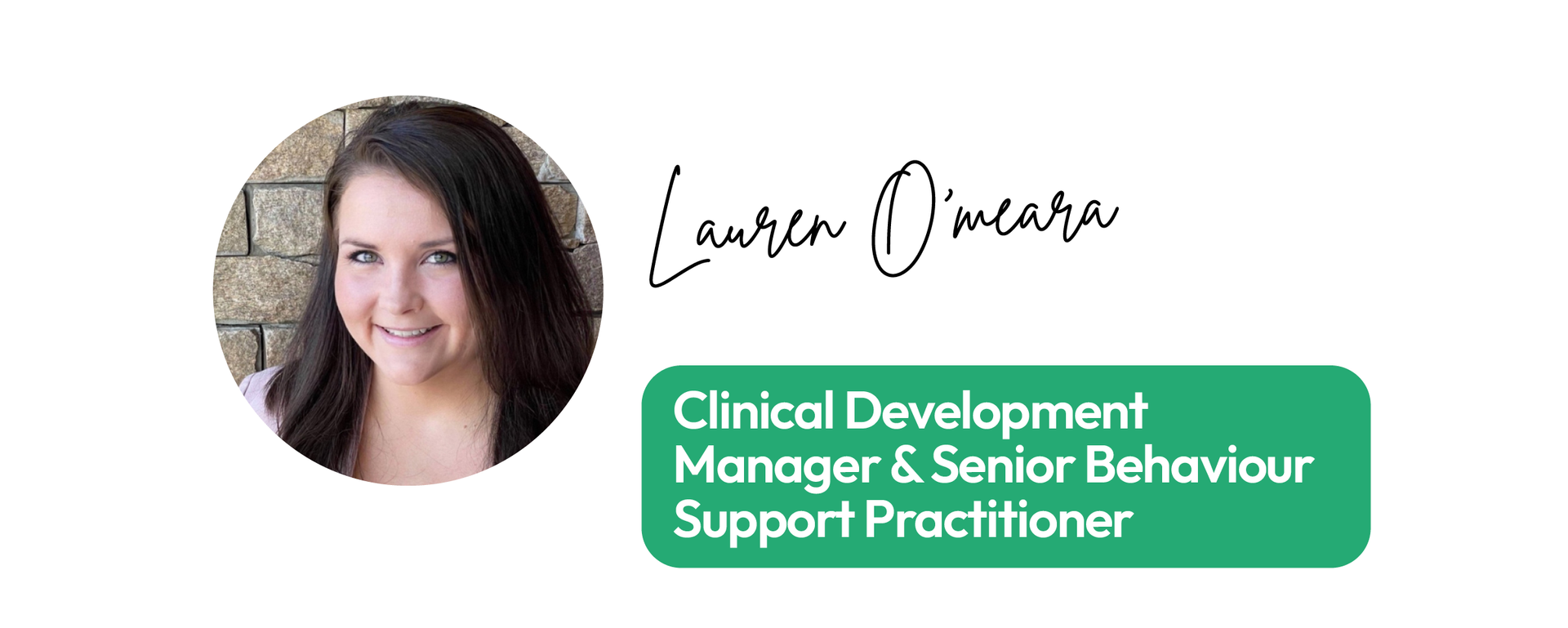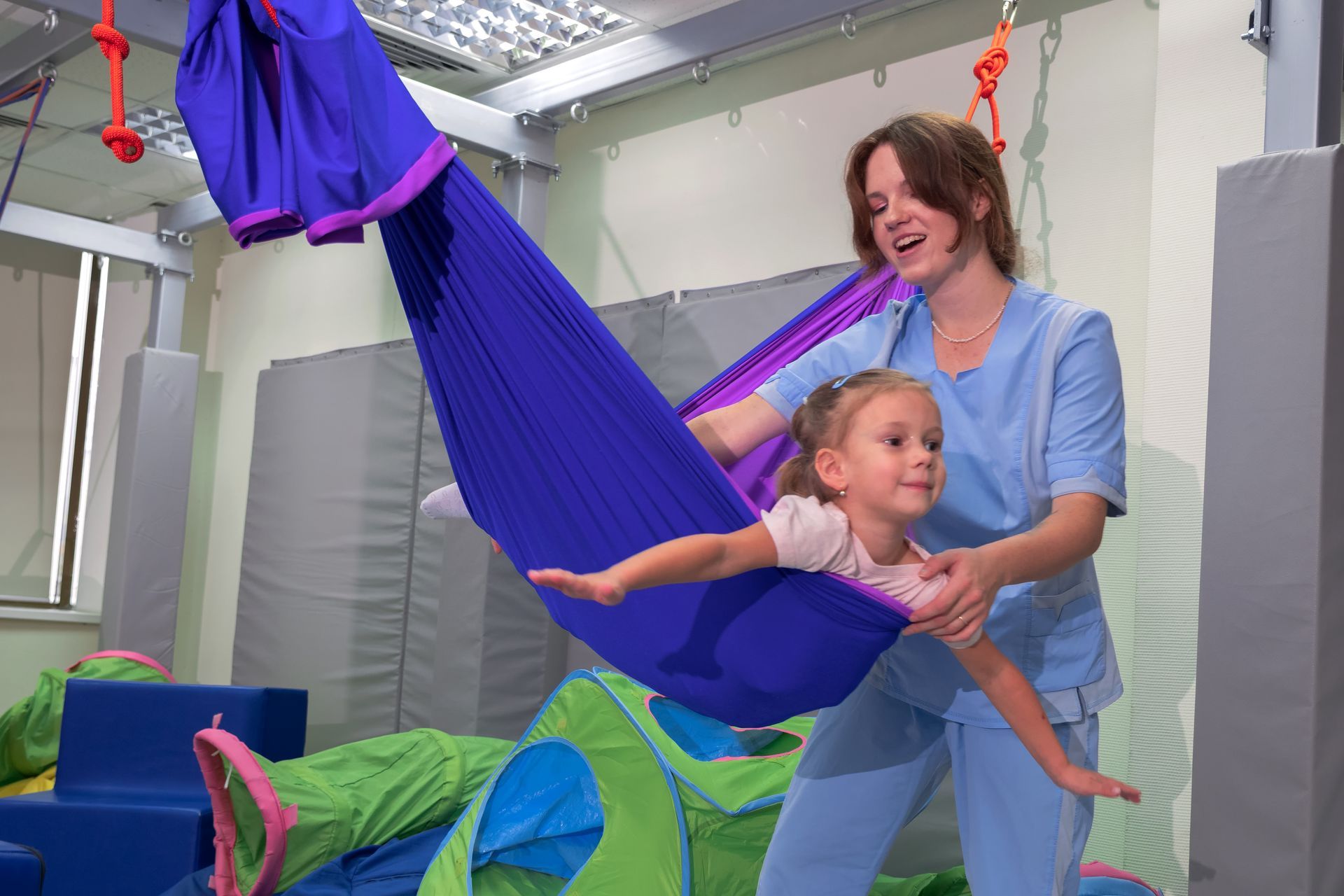Behaviour Support with creative implementation

At helpz, we believe that everyone deserves support tailored to their unique needs. Our Behaviour Support Plans are designed with a strengths-based approach, leveraging your interests and skills to foster motivation and engagement in achieving your goals.
Our dedicated Behaviour Support Practitioners are here to guide you every step of the way. They use methods that resonate with you, making it easier to enhance regulation skills, practice mindfulness, build self-esteem and confidence, and improve social skills.
We offer a variety of innovative approaches to behaviour support, including Lego-based therapy, yoga, singing (Garioke), and nature-based activities. These methods are not only enjoyable but also effective in helping you learn and implement the skills recommended in your Behaviour Support Plan. If traditional talk therapy isn’t your style, these alternative modalities provide a new way to express yourself and achieve your goals.
Learning through activities you love makes the process engaging and enjoyable. You will gain practical skills that you can use long after your behaviour support service has finished. This holistic approach addresses multiple areas of development simultaneously, promoting overall wellbeing and quality of life.
Our services can be claimed under existing NDIS therapy and behaviour support funding, making them accessible and affordable.
Discover the difference personalised support can make in your life with helpz.
Let us help you achieve your goals in a way that feels right for you,
contact us today.








